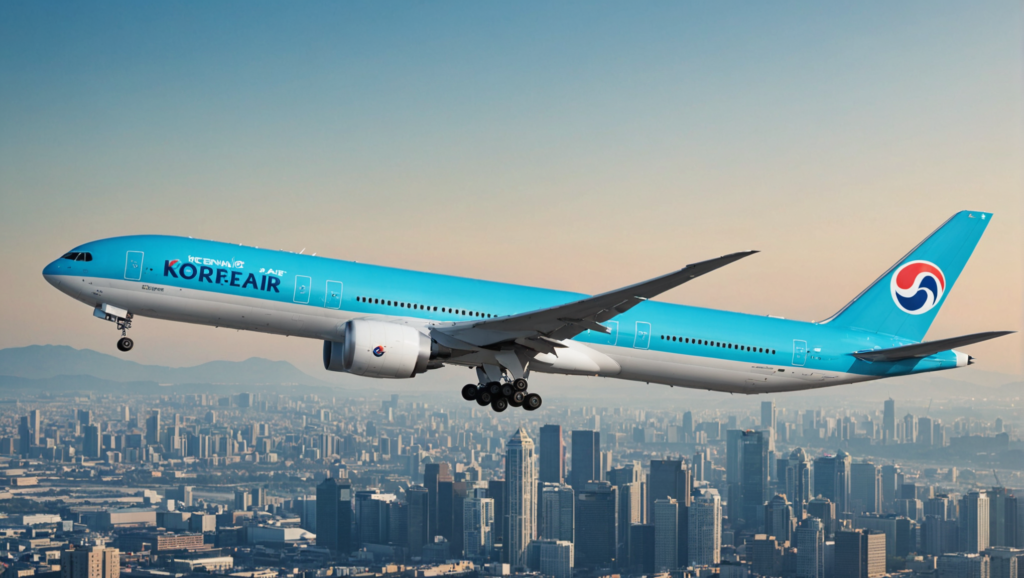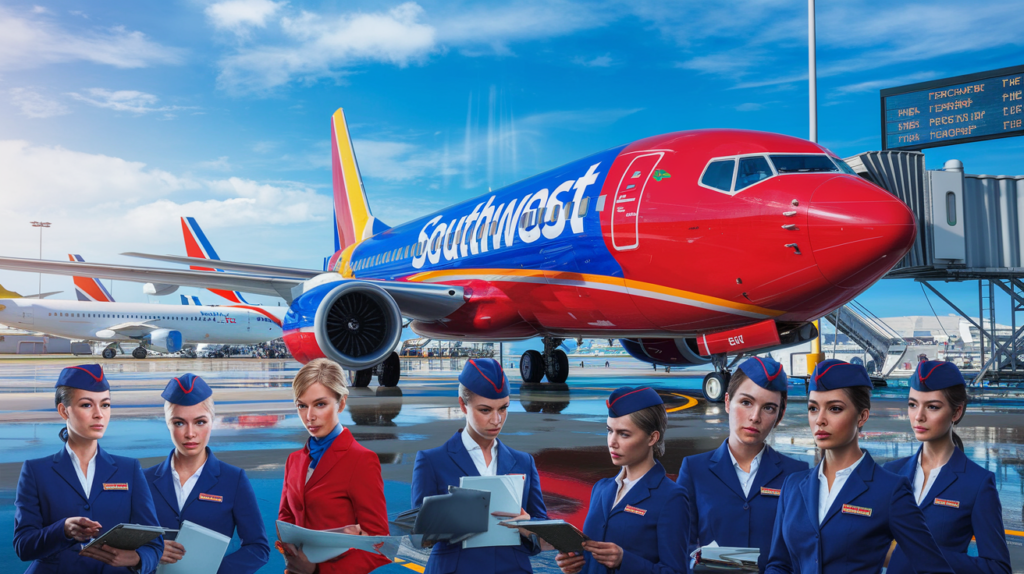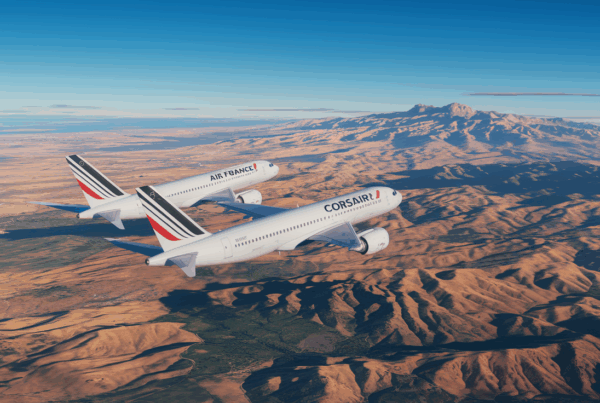Against a backdrop of trade dispute, Malaysia Airlines plans to acquire a fleet ofBoeing aircraft recently abandoned by China. This operation comes at a sensitive time in the global aviation market, when real strategic ambitions collide with economic and political imperatives. The Malaysian company's decision could alter regional balances, while reflecting the complexity of exchanges between major powers. The stakes are both financial and political. competitiona new dynamic for today's aerospace sector. This project offers significant prospects for truly sustainable growth in the aeronautics industry.
Against a backdrop of global economic and political tensions, Malaysia Airlines is considering a bold move to acquire Boeing aircraft, which China has refused to accept. This strategic move comes in a climate of intensifying commercial rivalries and growing competition between aviation giants.
A tense economic environment
International trade relations are increasingly marked by disagreements and sanctions. In this case, China's rejection of certain Boeing aircraft reflects a desire to redefine the balance in the aeronautical sector. This incident has opened the door to opportunity for Malaysia Airlines, which is keen to expand its fleet despite the obstacles standing in the way of expansion.
Beyond the purely financial aspect, this commercial conflict highlights the confrontation between two visions of industrial and technological development. While Boeing continues to innovate, political and economic pressures are affecting its operations, in a context where other players, such as AirbusOur customers are not left on the sidelines when it comes to customs duties and government decisions.
Operational and strategic issues
Malaysia Airlines hopes to take advantage of this situation to strengthen its position in the Asian market. The acquisition of these aircraft, initially rejected, represents an opportunity to modernize a fleet in search of performance and efficiency. Aviation experts are closely analyzing the impact of these strategic choices, particularly in the context of delivery delays. information banners which are holding back the development of several airlines.
Furthermore, the commercial dispute and aircraft reallocation show that the international environment is characterized by positions that go beyond purely financial considerations. Interactions between low-cost airlines, which are increasingly offering premium options, illustrate the rapid transformations taking place in the aviation sector. To find out more about these developments, you can consult a detailed analysis on the evolution of premium options.
Opportunities and new services
In parallel with this acquisition, the entire aeronautical sector is reinforcing its move towards an enhanced customer experience. The advantages offered to subscribers, such as fluid navigation thanks to an interface without intrusive advertisingThese features reinforce the sense of belonging to a loyal community. The security of comments, with a system guaranteeing that each pseudonym is validated via a reliable e-mail address, also ensures constructive and instantaneous discussion.
This comment management system allows aviation enthusiasts to express their views without delay, unlike time-delayed publications which require validation. This approach strengthens not only the quality of the information shared, but also the credibility of analysts and industry experts.
Impact on airline strategy
Malaysia Airlines' decision to acquire these aircraft echoes a broader trend in the aeronautical sector, where diversification and optimization strategies are multiplying. While some aircraft delivery delays continue to impact on companies' operational efficiency, other events, such as incidents in various business contexts - for example special cases on Ryanair - underline the importance of proactive management of unforeseen situations.
Decision-makers in the industry are keeping a close eye on these developments, adapting their strategies in line with geopolitical and economic changes. In this climate, Malaysia Airlines' aircraft acquisition is not only a solution to an immediate need, but also a strategic response to global market disruption.
Airline innovations and adjustments, whether related to service optimization or equipment modernization, illustrate how crucial it is to remain at the cutting edge of technology and business practices. As a result, the entire industry benefits from a constant exchange of best practices and initiatives aimed at improving customer experience and operational performance.
Finally, these initiatives are part of a more global strategy of sustainable development and fleet modernization. Airlines are increasingly aware of the environmental and economic issues at stake, and decisions such as those taken by Malaysia Airlines illustrate a desire to innovate while adapting to the realities of the international market, in much the same way as discussed in the analysis on the impact of customs duties.
| Aspect | Description |
| Context | Situation commercial in the aeronautics industry. |
| Request | Malaysia Airlines to acquire new aircraft Boeing previously rejected by China. |
| Players | Airlines and the giants aeronautical in a conflictual dynamic. |
| China's decision | Rejection of appliances, illustrating strategy of Western players. |
| Opportunity for Boeing | Strengthened market position thanks to this special location. |
| Economic implications | Potential to strengthen competitiveness and trade rebalancing. |
| Past achievements | History of partnerships and innovations in the aviation sector. |
| Geostrategic risks | Potential complications due to stakes policies and international economics. |
| Outlook | Uncertain developments to watch closely in theaeronautics industry. |
On the same theme
Korean Air to acquire Boeing 777X aircraft
Korean Air is preparing to strengthen its fleet by acquiring Boeing-designed 777X aircraft. This acquisition project reflects the South Korean airline's desire to modernize its fleet and offer its passengers the best...
Boeing hands over 44 new aircraft in February and regains the lead over Airbus in 2025
In February 2025, Boeing delivered 44 aircraft, once again surpassing its European rival Airbus. Since the beginning of the year, the American giant has delivered a total of 89 aircraft. This momentum marks a recovery from 2024...
Boeing: MAX delivery delays lead to Southwest downsizing
Delays in delivery of the Boeing MAX have led Southwest Airlines to revise its financial plans for 2024. Initially, the company had hoped to receive 85 new aircraft this year, but forecasts have been revised downwards. Faced with these challenges,...







